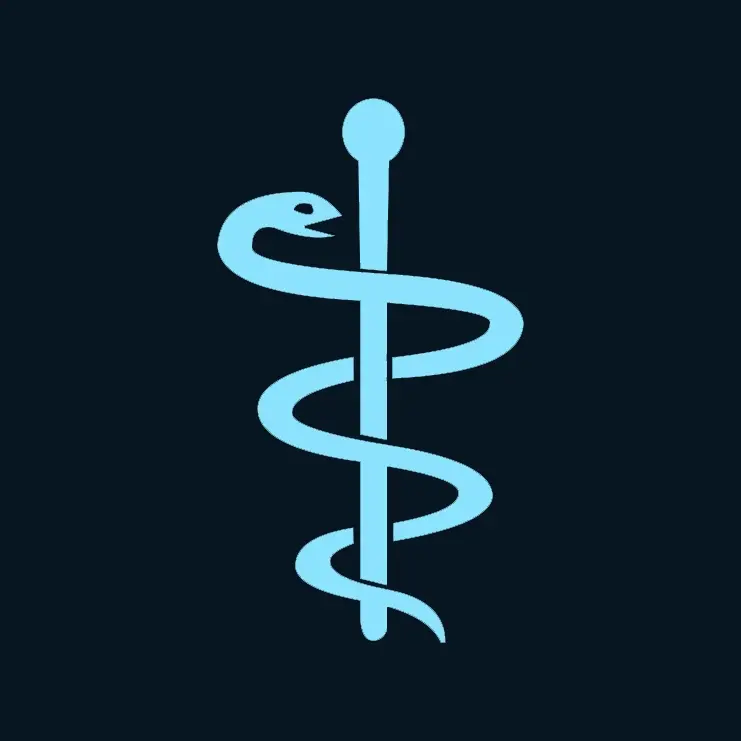I wasn’t diagnosed until late, but I forget to take them a lot. I think I can see how they’d be addicting, but I often wonder if that may be a sign that they have another problem that needs solving. I suppose that fits, for addiction in general.
I’m prescribed modafinil to combat severe fatigue and brain fog from lupus. I’ve never experienced any kind of “high” when I take it and I don’t have amazing levels of concentration. I can just think a bit more clearly and I don’t need to nap every two hours. When I mentioned it to a doctor years ago he explained by saying something like “this modafinil tablet will make everyone feel 20% more alert (for example) so when a healthy person takes it they feel 120%. But you have something wrong with you; you’re only functioning at 70%. When you take this tablet you also function 20% better but that only brings you up to ~90% of what a healthy person feels like to begin with.” It felt so obvious when he put it like that.
Regarding the “sign another problem needs solving” bit you said, I don’t think it’s that simple for all drugs. I’ve been taking pretty high dosages of prescription opioids for the best pet of two decades. It makes my pain bearable for the most part. It allows me to sleep a little bit at night. But I don’t experience any “high”, not even a feeling of mellowness. Yet when my fentanyl patch comes off and I don’t notice, I start displaying signs of physical withdrawal. I am dependant on opioids but I don’t have of the drug seeking behaviour associated with being addicted to opioids. If for some reason my doctors stopped prescribing all my opioids tomorrow I suspect I would display drug seeking behaviour, but I don’t think that’s a sign of another problem in my life. I’m dependent on the drug, through no fault of my own.
That’s a fascinating and valuable perspective. Thank you for this, I can see this completely and it has expanded my views. If I stop my stimulants, I just wonder why I am so sleepy half the time until it clicks.
You’re welcome and I’m glad it helped! It was a bit of a game changer when it was first put to me like that. It also made me feel a little bit better about being prescribed so many medications that carry the stigma of addiction. .
are you sure you got that title right?
from the article:
Conclusions and Relevance This study found no evidence that stimulant treatment was associated with increased or decreased risk for later frequent use of alcohol, marijuana, cigarette smoking, or other substances used for adolescents and young adults with childhood ADHD.
i want people to get what they need. but i see no reason to propagandize.
Findings: In this cohort study of 547 children initially treated in a randomized clinical trial for ADHD and assessed repeatedly to adulthood, comprehensive analyses did not support an association between stimulant treatment and adolescent or adulthood substance use or substance use disorder.
Meaning: This study found no evidence that stimulant treatment, predominantly prescribed in childhood and adolescence, protects against or increases risk of later frequent use of alcohol, cigarettes, marijuana, or other substance use by a mean age of 25 years.
Study found no effect. That is a result and supports the headline.
then title should read:
New research has found that youth who are prescribed stimulants to treat their ADHD are neither more nor less likely to become addicted to drugs later in life
accuracy matters.



